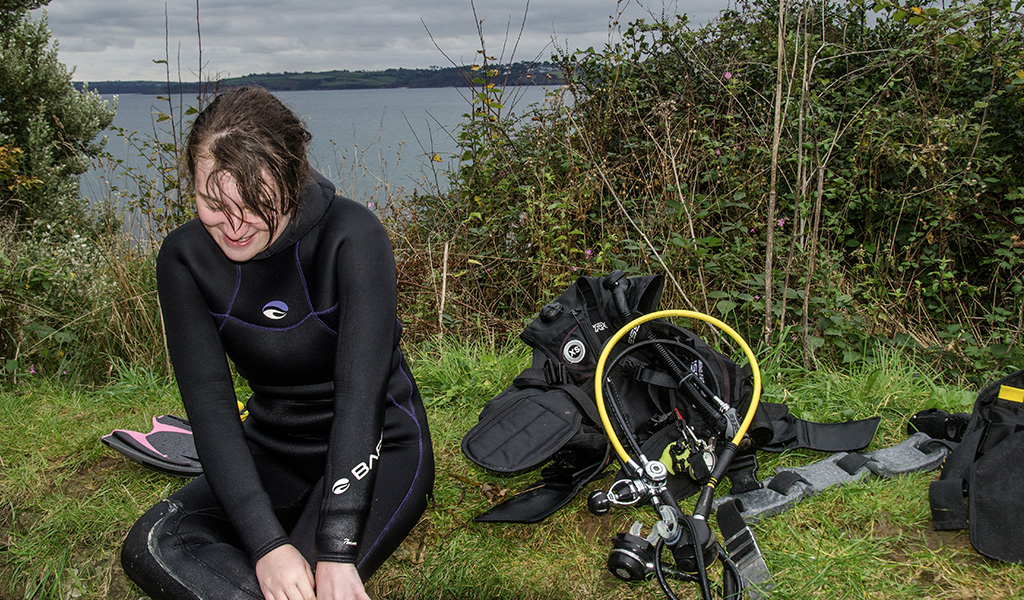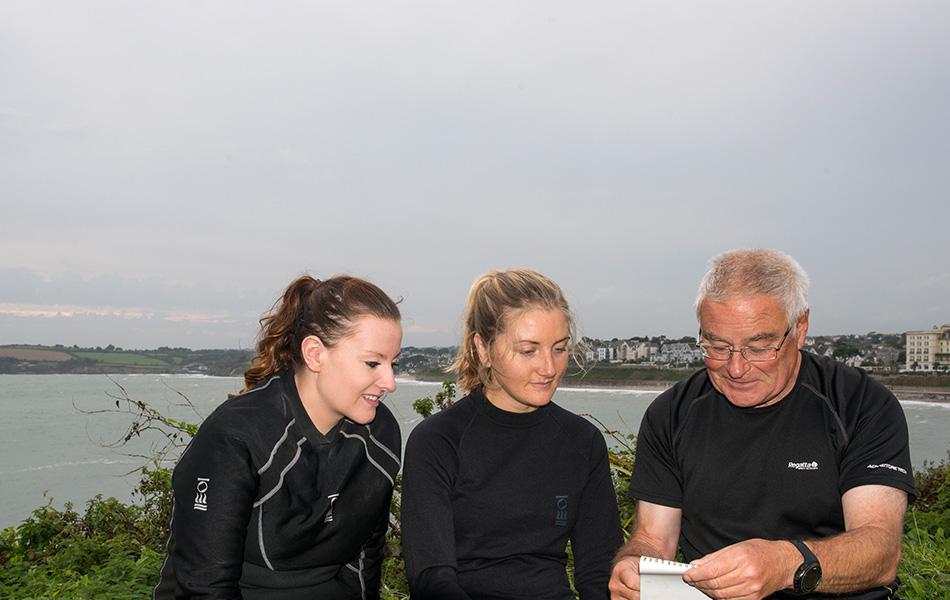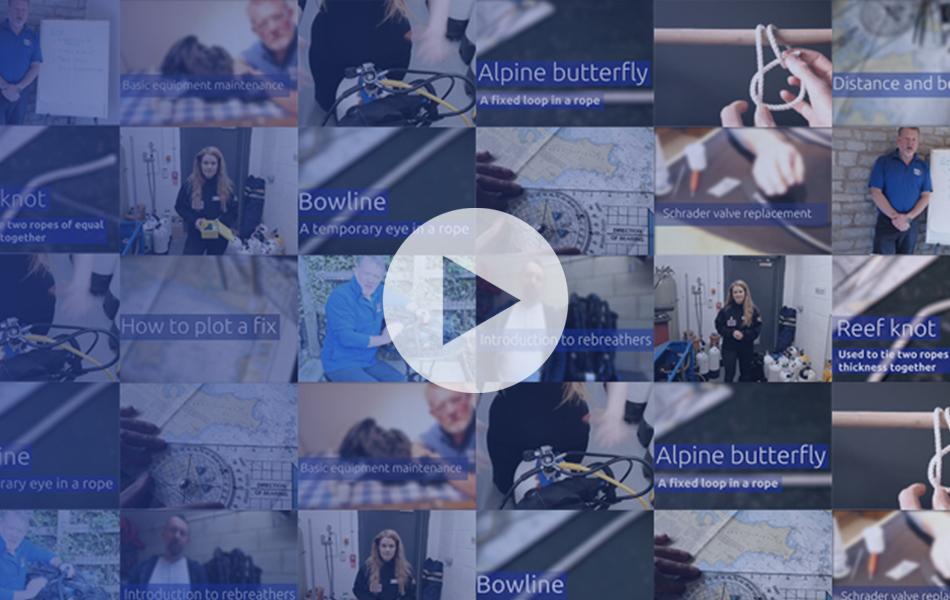
Following BSAC's Safe Return to Diving guidelines which were released yesterday, BSAC’s Safety and Development Officer Jim Watson talks about starting the season safely with some advice and suggestions to consider.
BSAC has published extensive guidance to help support a progressive and safe return to diving within the easing restrictions but it is essential that first and foremost we all comply with government rules, which may vary with location.
Start of the season
The situation now is unique, in that limited diving in the UK might be beginning in the late spring-early summer – and so normal start of season safety precautions may not be considered as relevant. Annual diving incident reports indicate a spike in incidents at the beginning of the season and clearly shows that when the start is delayed, usually due to bad weather, the spike coincides with the actual resumption of activity.
Consequently, it is more important than ever that great care is exercised in our return to activity. Those who didn’t actively dive over the winter months have now had an even longer break and those who dive throughout the year may have experienced a break in activity that they have never experienced before. The consequent loss of dive fitness must be taken into account.
Equipment checks
It is essential that you check your cylinders are in current test otherwise it will not be possible to get them filled. If you are travelling to dive you should check in advance that fills will be available at your destination. Check all your equipment for correct function and if in any doubt have them professionally serviced.
Defensive diving
Normal advice for the start of the season is to build up slowly towards your previous level of diving (i.e. don’t jump straight into a deep dive with extensive deco). In this time of continuing uncertainty and high demand on the emergency services and NHS, the advice is to exercise a more conservative approach to diving by remaining shallow, avoiding dives that require decompression stops, avoid currents etc. The Incident Report illustrates that incidents can occur in even the most benign circumstances.
Location and weather
It is common at the start of the diving season to use the controlled and predictable facilities provided by inland managed dive sites to refresh and practice skills. Those sites are not yet active and so divers must carefully consider any alternative they choose. Essential consideration must include the remoteness of any location, means of calling for help, access for emergency services etc. all of which are likely to be more limited than at a managed site.
Additionally, the impact of the weather, tides and currents are likely to have a significant impact on the safety of diving. You should check all of these before travelling on the day (remember that in England you must return home on the same day).
Stay safe.
Jim Watson
BSAC Safety and Development Manager

 Author: Jim Watson | Posted 22 May 2020
Author: Jim Watson | Posted 22 May 2020




